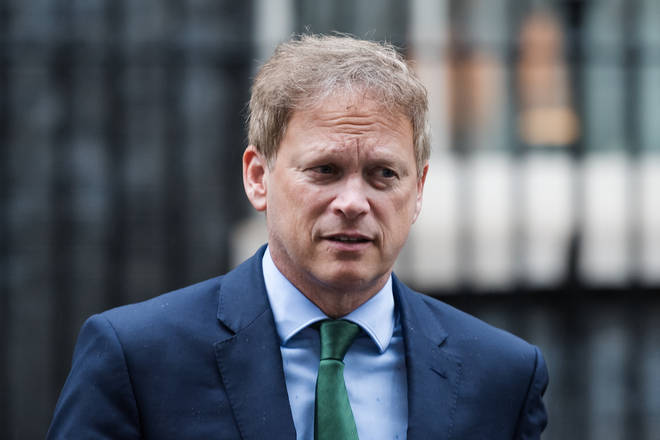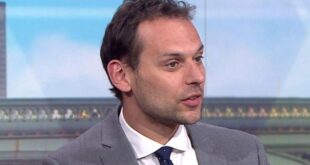10 January 2023, 19:16
Picture:
Getty/LBC
Former Labour leader Neil Kinnock has suggested Keir Starmer is “right” not to join strike picket lines as doing so would be “gesture politics”.
Appearing on Tonight with Andrew Marr, Lord Kinnock was asked by for his view on why Sir Keir has not joined workers on strike on the picket line.
He said: “It’s because Keir doesn’t engage in gesture politics – and he’s right not to.
“He knows that the disadvantages, politically, of turning up on picket lines…vastly outweigh the advantages of it.
“The workers on the picket lines know that whilst they might get a momentary stimulus to morale – which is nice, I’ve done it myself, I’ve applauded it myself – but they know it’s momentary.”
Lord Kinnock added that it makes “no significant contribution” to the resolution of the strikes.
The former Labour leader was in opposition between 1983 and 1992 at a time when industrial relations were turbulent after a series of anti-union bills were passed by then-prime minister Margaret Thatcher.
In recent months, Britain has been rocked by another wave of industrial action across the country, including by rail staff, ambulance workers and Royal Mail employees.
This is set to continue in the next few weeks and months, with another set of strikes by ambulance staff represented by Unison taking place tomorrow and on January 23.
Members of the Royal College of Nursing (RCN) will also walk out on two separate occasions next week.
Also on Tonight with Andrew Marr, Lord Kinnock condemned new legislation proposed by the government that could prevent workers from striking, and questioned whether it would ever get past legal challenges.
He told Andrew: “It’s highly objectionable, indeed, in a democracy, it’s poisonous in the absence of further safeguards, but I don’t think it’s practical anyway.
“They’ve got to get it through the House of Lords, certainly the House of Commons too because they will be Conservative MPs that will have doubts about this.”
Lord Kinnock added that the courts “could be the great impediment, because even in a country, with an unwritten constitution, there are certain accumulated basic human rights that relate to the right to withdraw your labour.
“But I don’t think we should ever see full implementation. And certainly, if the penalties involved were to end up with people being dismissed for taking strike action, making themselves open to injunctions against strike action, or indeed end up in jail for contempt of court.”
The new bill, introduced by business secretary Grant Shapps, would prevent some employees from being able to go on strike without fear of losing their jobs.
Read More: Plans to curb workers’ rights to strike are ‘poisonous’ and ‘highly objectionable’, says former Labour leader Neil Kinnock
Read More: NHS must do whatever it takes to tackle crisis, says Shapps – including cabins in car parks
The proposed law would mean areas including the NHS, education, fire and rescue, border security and nuclear decommissioning would have to introduce minimum levels of service during strikes to provide a ‘safety net’ to the public.
Employers would have to set out the workforce they need, preventing some employees from being able to strike with protection from unfair dismissal.
The plans have been criticised as an ‘attack on human rights’. If made law, some union workers would be required to continue working during a strike.
Mr Shapps told the Commons the Government “absolutely believes in the right to strike” but that it is “duty bound” to protect the lives and livelihoods of people in the UK.

Picture:
Getty
He thanked the Royal College of Nursing for working with health officials to ensure “safe levels of cover” during their strike, adding they showed they could protest in a “reasonable and mature way”.
Labour’s deputy leader Angela Rayner weighed in, calling the bill “stupid”.
She added: “There is no common sense about this at all. He says he recognises pressure faced by key workers, but he knows the NHS cannot find the nurses they need to work on the ward, he knows the trains don’t run even on non-strike days such is their shortage of staff.
“So, how can he seriously think that sacking thousands of key workers won’t just plunge our public services further into crisis?”





